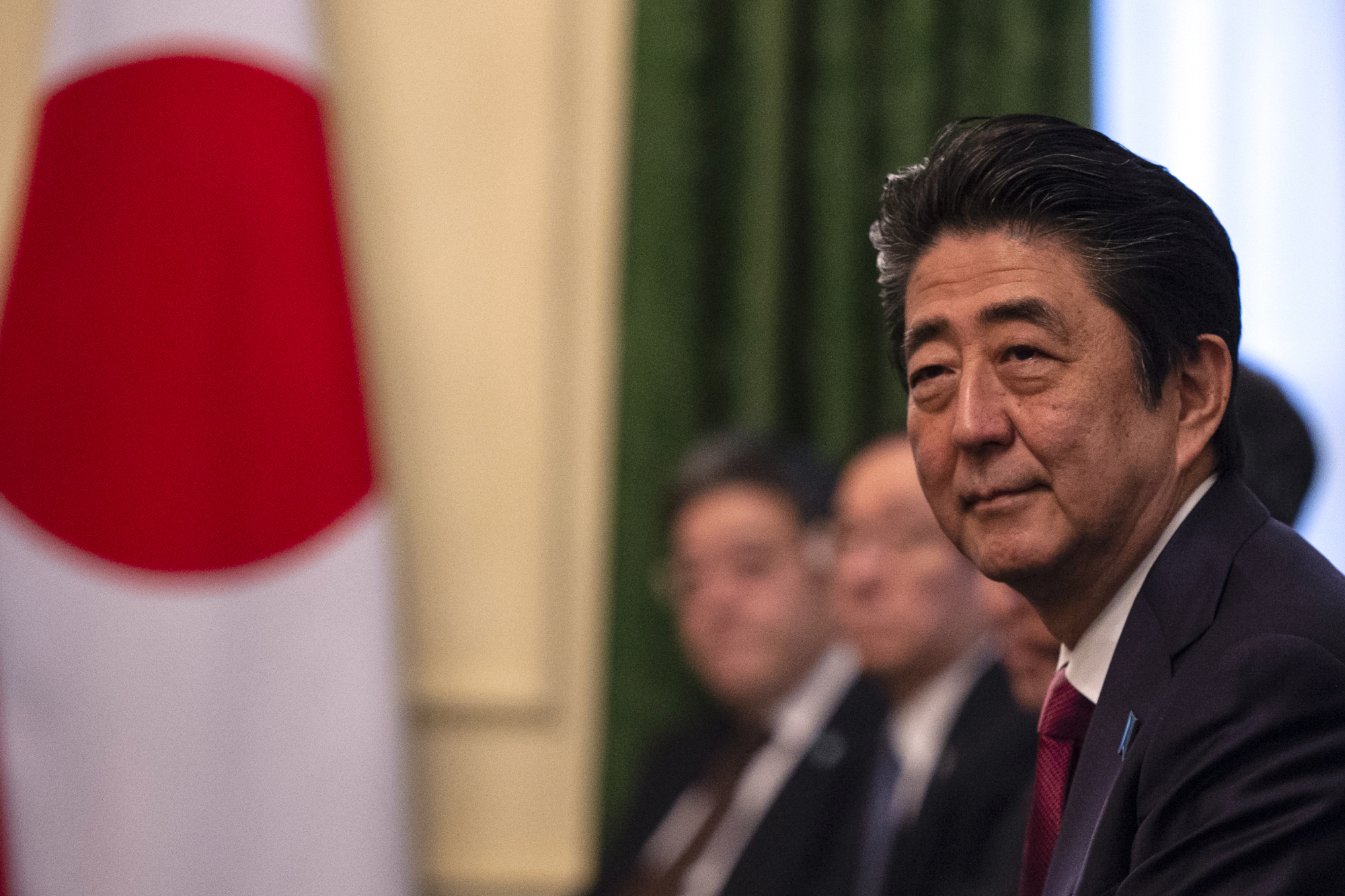About six months after facing calls to resign, Prime Minister Shinzo Abe finds himself in a relatively strong position ahead of a year with key challenges at home and abroad.
While his popularity has fallen from its peak in 2013, recently he's seen a bump: A January poll by public broadcaster NHK put his disapproval rating at the lowest in almost a year. With no serious challenger to his power emerging from his Liberal Democratic Party or from the opposition, Abe is set to be Japan's longest-serving prime minister if he remains in office until November.
In a new Diet session that started Monday, Abe will look to build momentum for an unpopular consumption tax hike set for implementation later this year, while preparing his ruling coalition to keep its majority in an Upper House election in July. At the same time, he faces the threat of more tariffs from U.S. President Donald Trump's administration and a deepening rift with South Korea over compensation for Japan's actions during its 1910-1945 colonization of the Korean Peninsula.


















With your current subscription plan you can comment on stories. However, before writing your first comment, please create a display name in the Profile section of your subscriber account page.